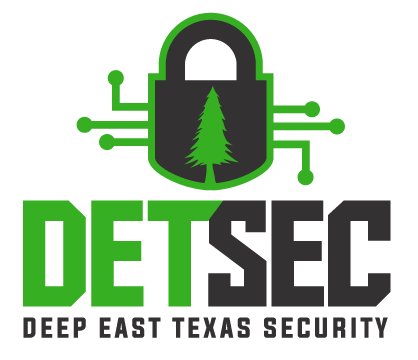
Getting off The Grid
today 09/23/2018 - Tim LeonardI appreciate a rainy weekend; it gives me a chance to sit on the couch and watch Netflix. This past weekend, I re-watched an old movie called Enemy of the State starring Will Smith. I could not believe it had been almost twenty years since it came out in 1998.
Enemy of the State is an action movie about a corrupt National Security Agency (NSA) official who abuses his vast resources and murders a politician who wants to block a new national surveillance bill. The bill would give enormous power to the agency, allowing it to eavesdrop on U.S. citizens. Will Smith’s character finds out about the murder and has to disappear off the grid. The movie is full of action and cheeseball computer graphics, but the story itself seems ripped out of today’s headlines.
I am not a political columnist so I will not judge the integrity of the NSA or any other three letter government organization. I do believe most people working for our intelligence services have our country’s best interest at heart. The movie makes us believe the NSA can see all, on a big war room style monitor. This plays well for audiences, but the truth is far from this. Many agencies depend on special laws or subpoena power to gather information from even larger dragnet surveillance machines, private companies.
Google, Facebook, Apple and Amazon are a few big names which collect large amounts of data on their customers. There are thousands of other companies both large and small that are assimilating data on us. Practically no one stops to read the long EULAs (End User License Agreements) before using software on phones or computers. The devil is literally in the details. Ironically these companies can publically take a stand against government surveillance, then make an about face and sell your data to marketing firms. Soon our Internet service providers (ISPs), which provide the Internet to our homes and businesses, will be selling our Internet browsing history for money. Let me explain briefly why this matters.
When you open your web browser to do research, the Google search engine appears. You notice the web address is https://www.google.com. The “https” means your searches are secure. Your ISP cannot see them, but Google can. Google can also see all the search results you click. Typically, you search, click a result link and one page leads to another. As your search digs deeper into the web, Google loses some of its creepiness. Even though your ISP cannot see your Google search history, they can see almost everything else you go to. A lot of people will shrug and say “I have nothing to hide.” I disagree.
In the above example, let us pretend the searches you typed into Google were “I found a lump in my breast,” “local divorce attorneys,” or “how to tell if my daughter is on drugs.” Is this the type of information you want to be traded by companies to market to you? Now fast forward this concept twenty years and imagine the world our kids and grandkids will grow up in.
There is something you can do to get some privacy back, use a Virtual Private Network (VPN) while surfing. VPNs build a secure tunnel and mask your home computer’s identity from Internet snoopers. I like ExpressVPN (www.expressvpn.com). It works on Windows, Mac, iPhone and Android. There are many others, but find one that does not sell your data or keep logs and history. A VPN can also protect your Wi-Fi connection from snooping hackers while at the coffee shop, airport or hotel.
If you want to take securing your digital life to the next level, read Michael Bazzell’s The Complete Privacy and Security Desk Reference: Volume 1. Hang on, because after you read it, Enemy of the State will seem like a whole different movie.